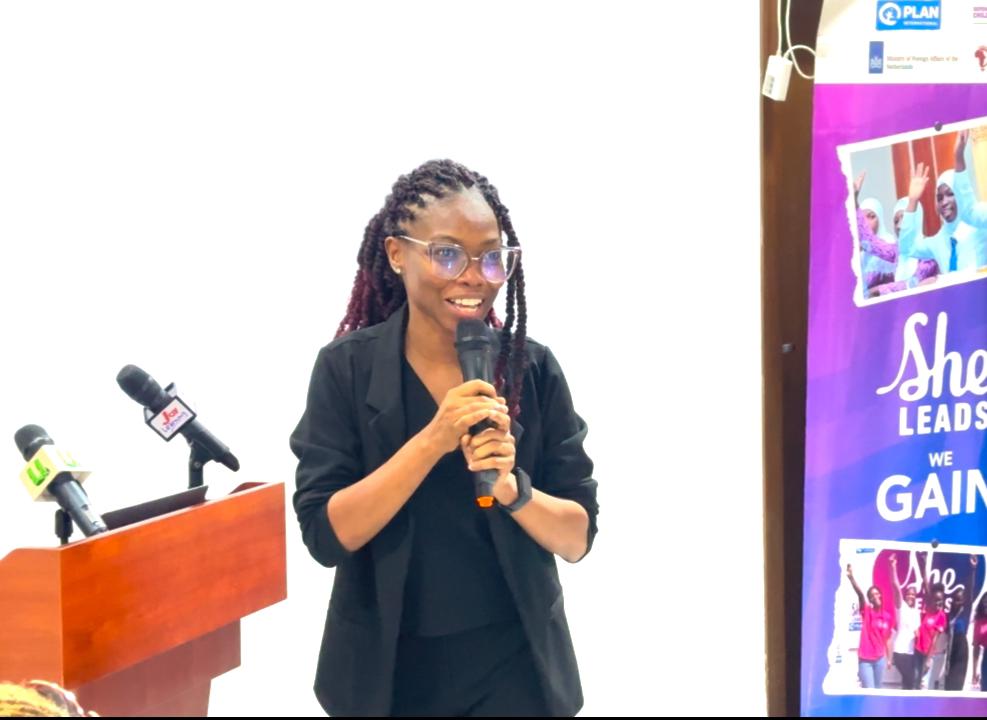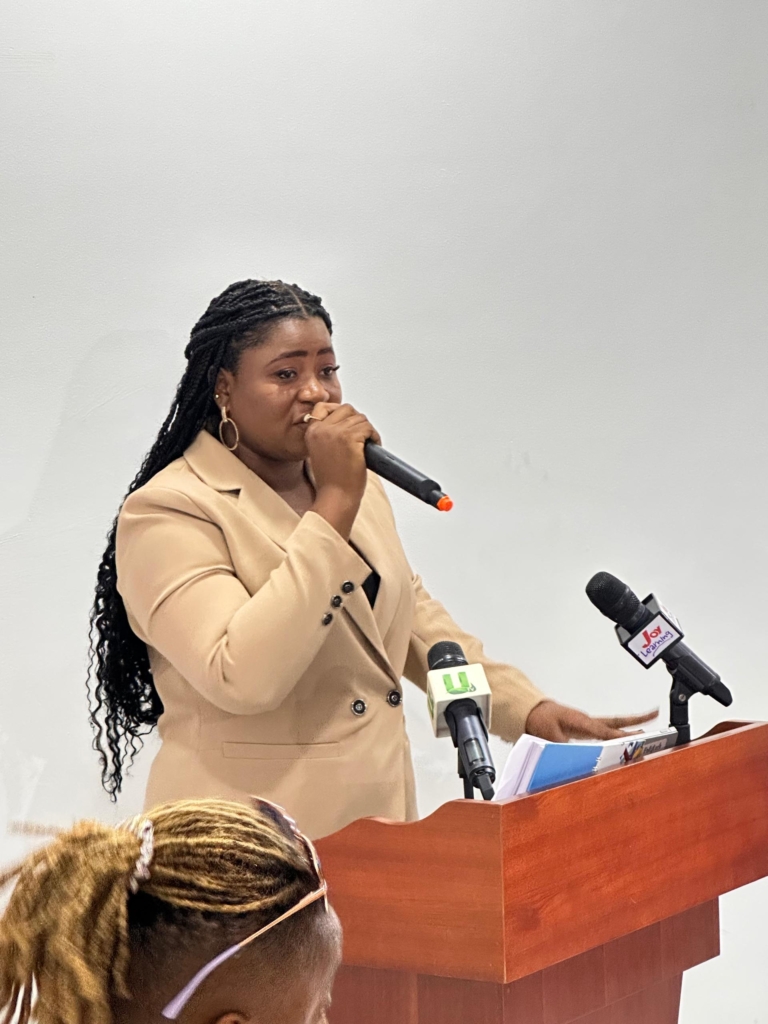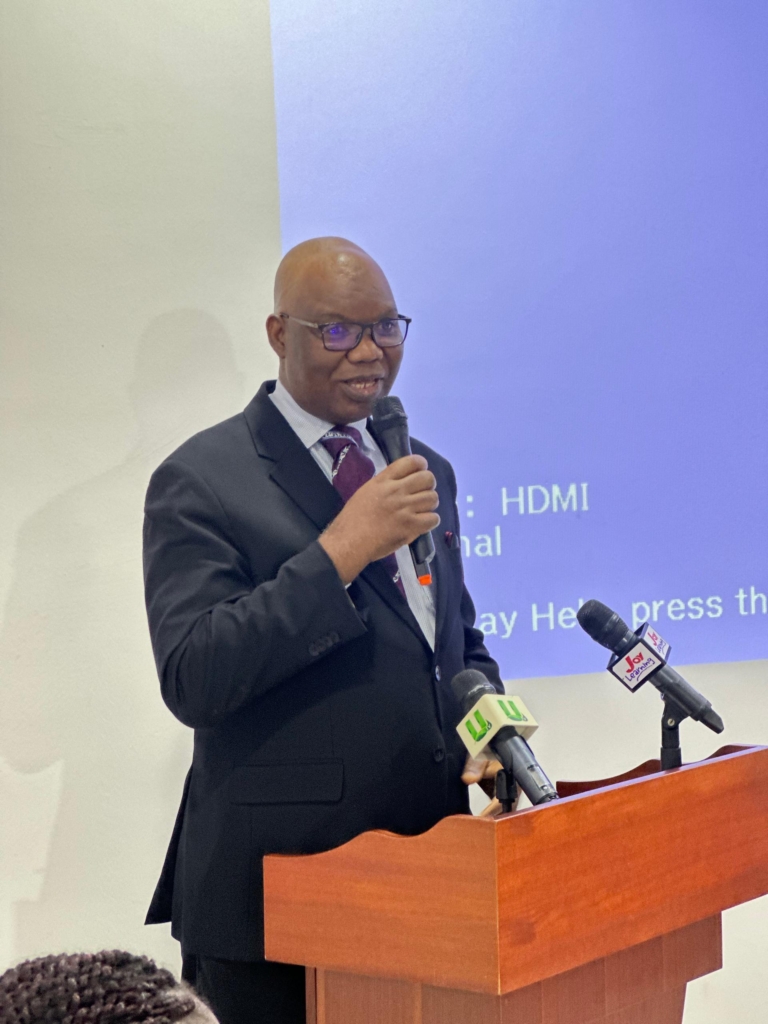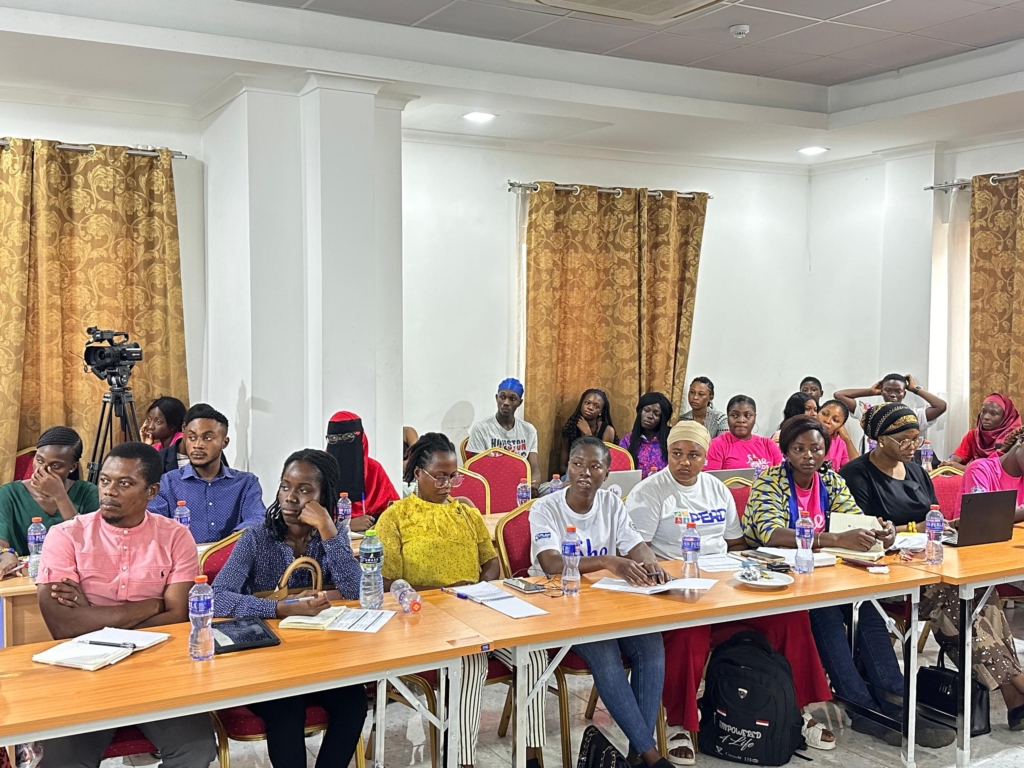Empowering Women Leaders: A Call for Increased Representation in Politics
A pivotal event organized by Plan International as part of the “She Leads Project” brought together influential women leaders to address pressing matters related to female leadership and representation in political spheres.
A Three-Day Intergenerational Dialogue
The three-day dialogue, which concluded on December 20, 2024, at the Monarch Hotel in East Legon, Accra, served as a platform for young girls, women, and esteemed female leaders to collaborate on strategies to advance gender equality, particularly in decision-making roles. A significant theme that emerged was the urgent necessity for an increased number of women in politics.
Becky Ahadzi: Advocating for Women’s Leadership
During the event, Becky Ahadzi, a prominent advocate for the Affirmative Action Bill, strongly encouraged women to embrace leadership positions and actively engage in the formation of policies that impact their lives.
Ahadzi pointed out that the lack of female representation in Ghana’s parliament has severe repercussions on policies affecting women’s daily experiences. She cited a recent tax increase on sanitary pads, enacted by a predominantly male parliament, resulting in a significant rise in the cost of this essential product.
“With over 85% male representation in parliament, decisions like the 12% tax on sanitary pads position these items as luxury goods from their perspective,” she emphasized.
The Impact of Underrepresentation on Women’s Rights
The remarks made by Ahadzi underscore a significant challenge faced by women in Ghana: the insufficient representation in political roles, which directly influences policies regarding women’s health, rights, and overall welfare.


She urged more women to aspire to political office to ensure their voices resonate in legislative matters.
“Having more women in political leadership is crucial. If more women occupied positions in Parliament, the oppressive tax on sanitary pads would likely never have passed. Fewer women in leadership means diminished likelihood for favorable decisions and laws,” she asserted.
Challenging Stereotypes in Women’s Political Aspirations
Supporting Ahadzi’s sentiments, Francis-Xavier Sosu, personal assistant to the Madina MP, along with Priscilla Naa Aklerh Plange, tackled the stereotypes that women face when entering politics.


Plange strongly opposed the damaging notion that women must engage in unethical relationships to advance politically.
“Every sector encounters its challenges. While men may approach women, it is vital for women to firmly state their intent to advance purely based on their capabilities,” she remarked.
Addressing Barriers to Women’s Leadership
Constant Tchona, Country Director for Plan International Ghana, also addressed the audience, acknowledging the progress made in inspiring more women to assume leadership roles, yet recognizing the significant challenges that persist.


Tchona highlighted the socio-economic, cultural, and political hurdles that women encounter in their journey toward leadership and urged young women to persist in advocating for gender equality and enhanced leadership opportunities.
“The ‘She Leads’ project fundamentally aims to shift the narrative from a male-centric approach to leaders to one that embraces female leadership,” he stated.
“Over the past four years, we have been dedicated to promoting female leadership across various sectors. Despite the achievements made, significant challenges linger, and it’s imperative that we remain committed to pushing forward,” he concluded.


